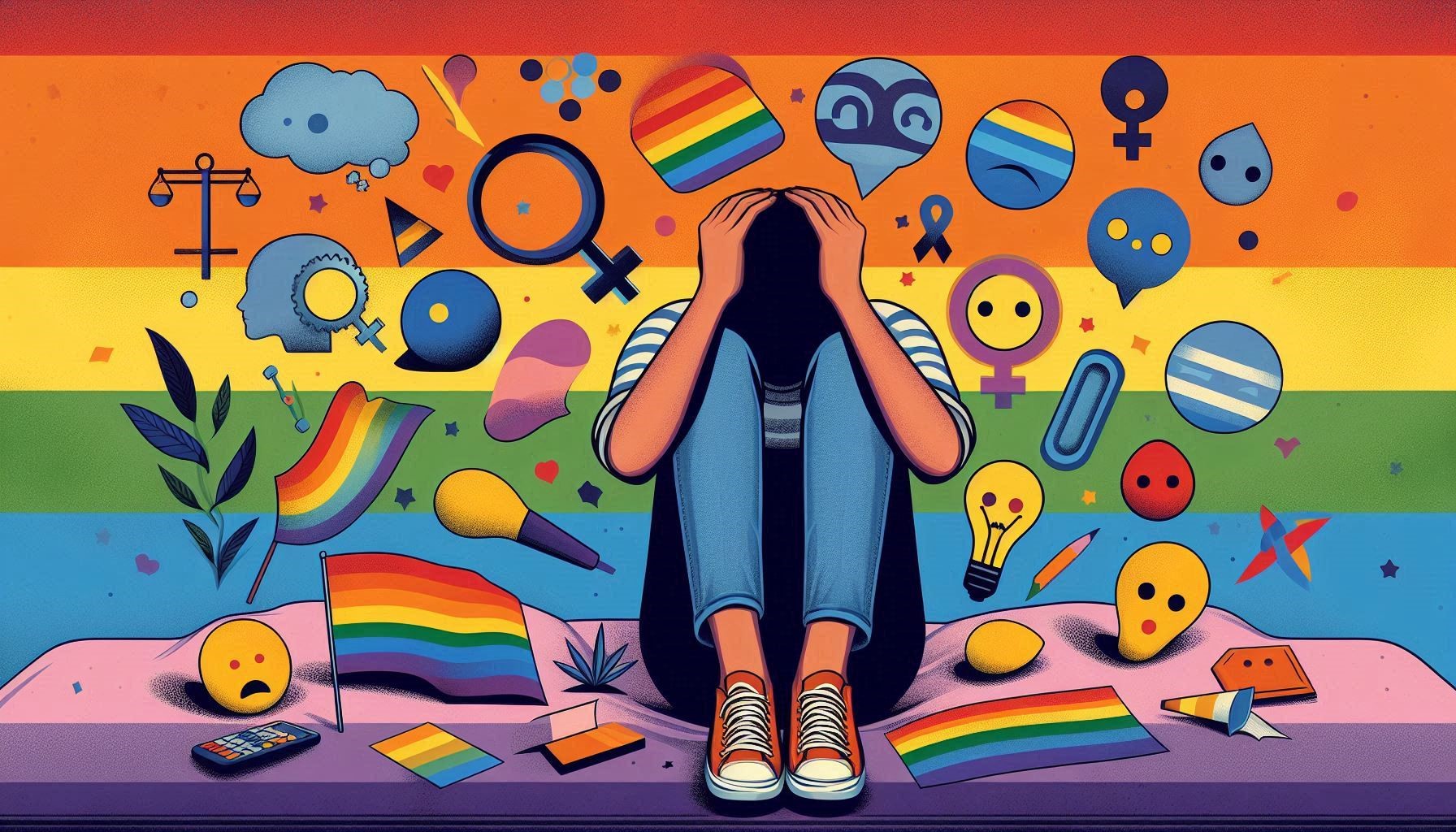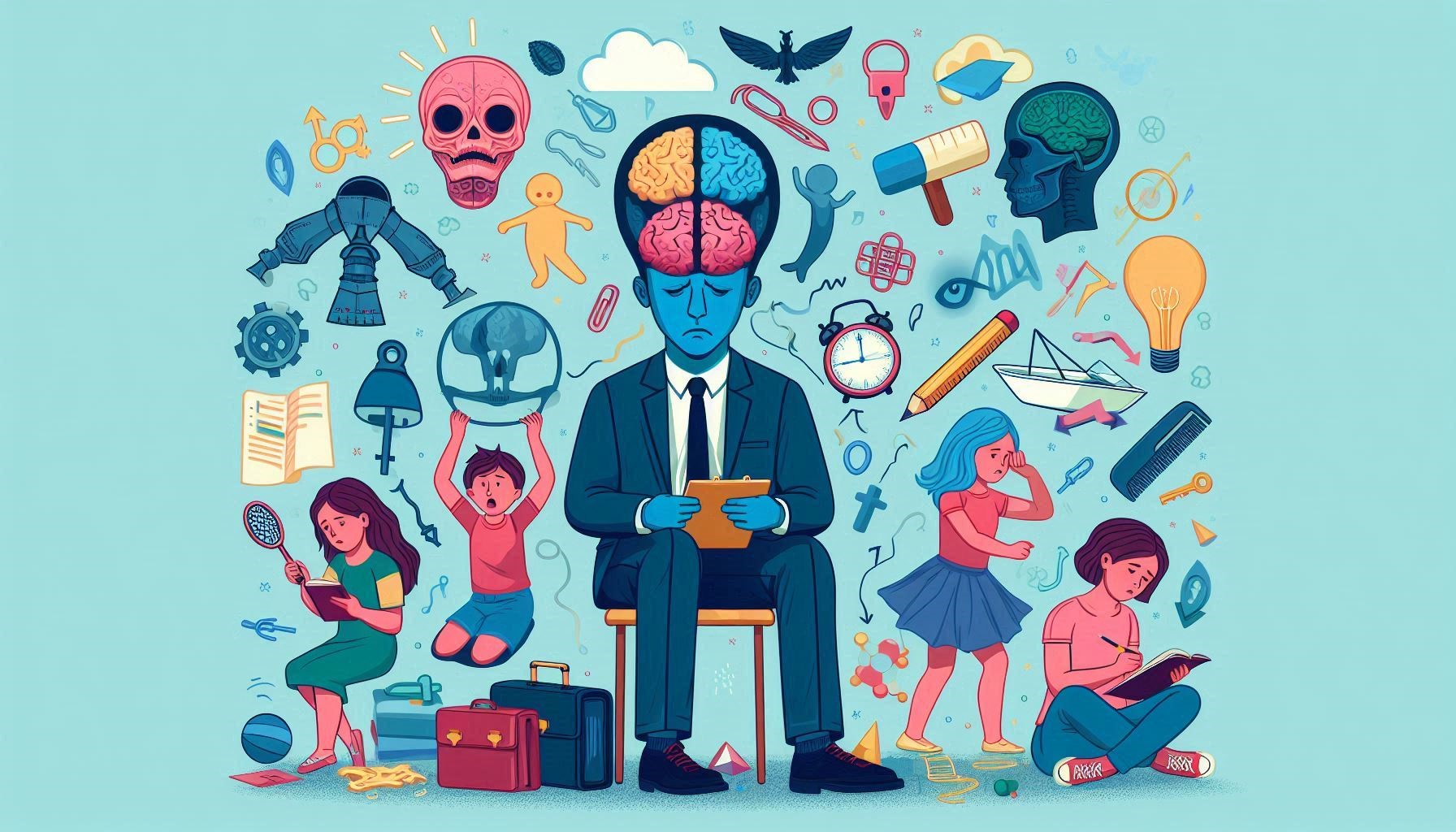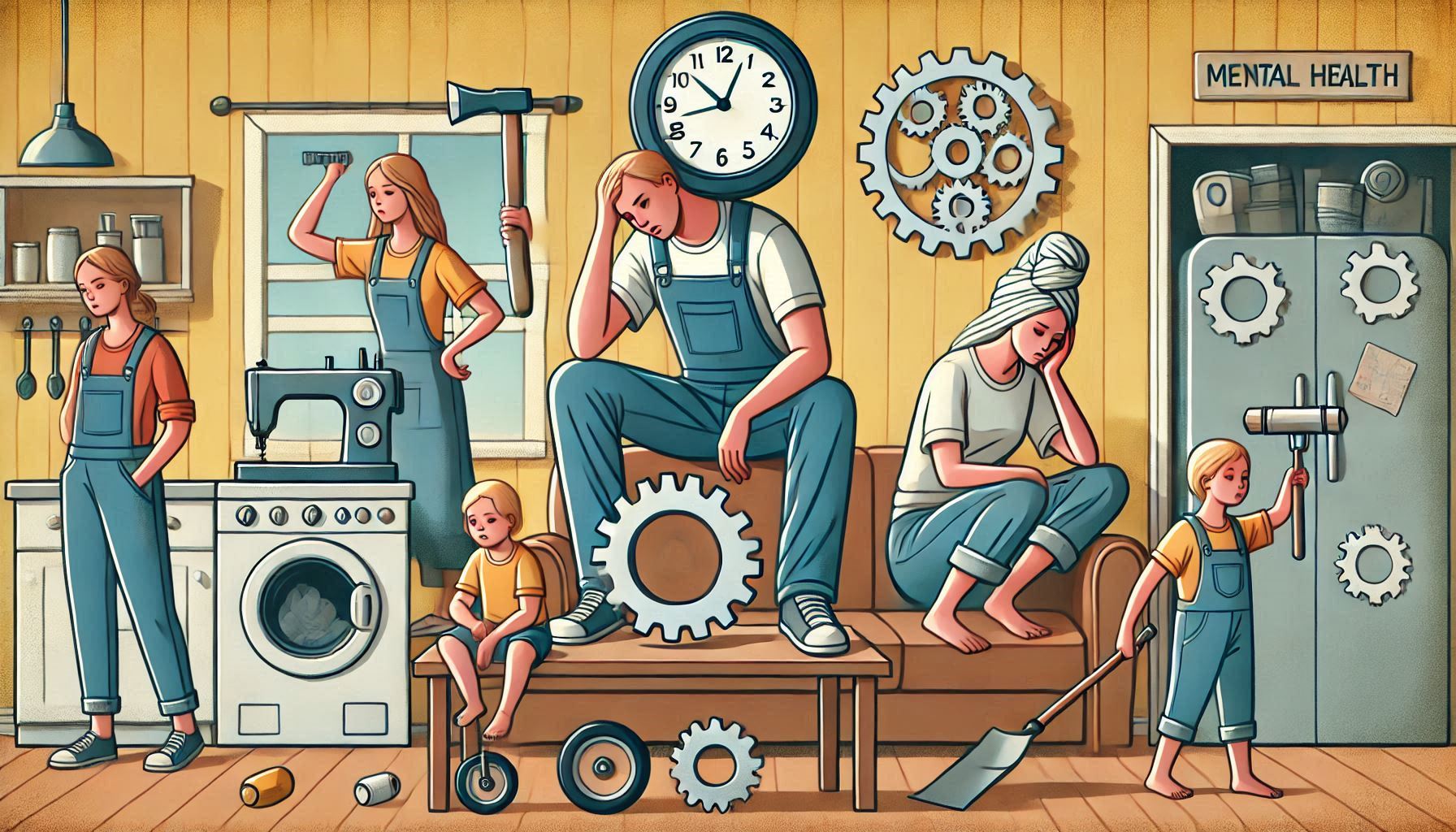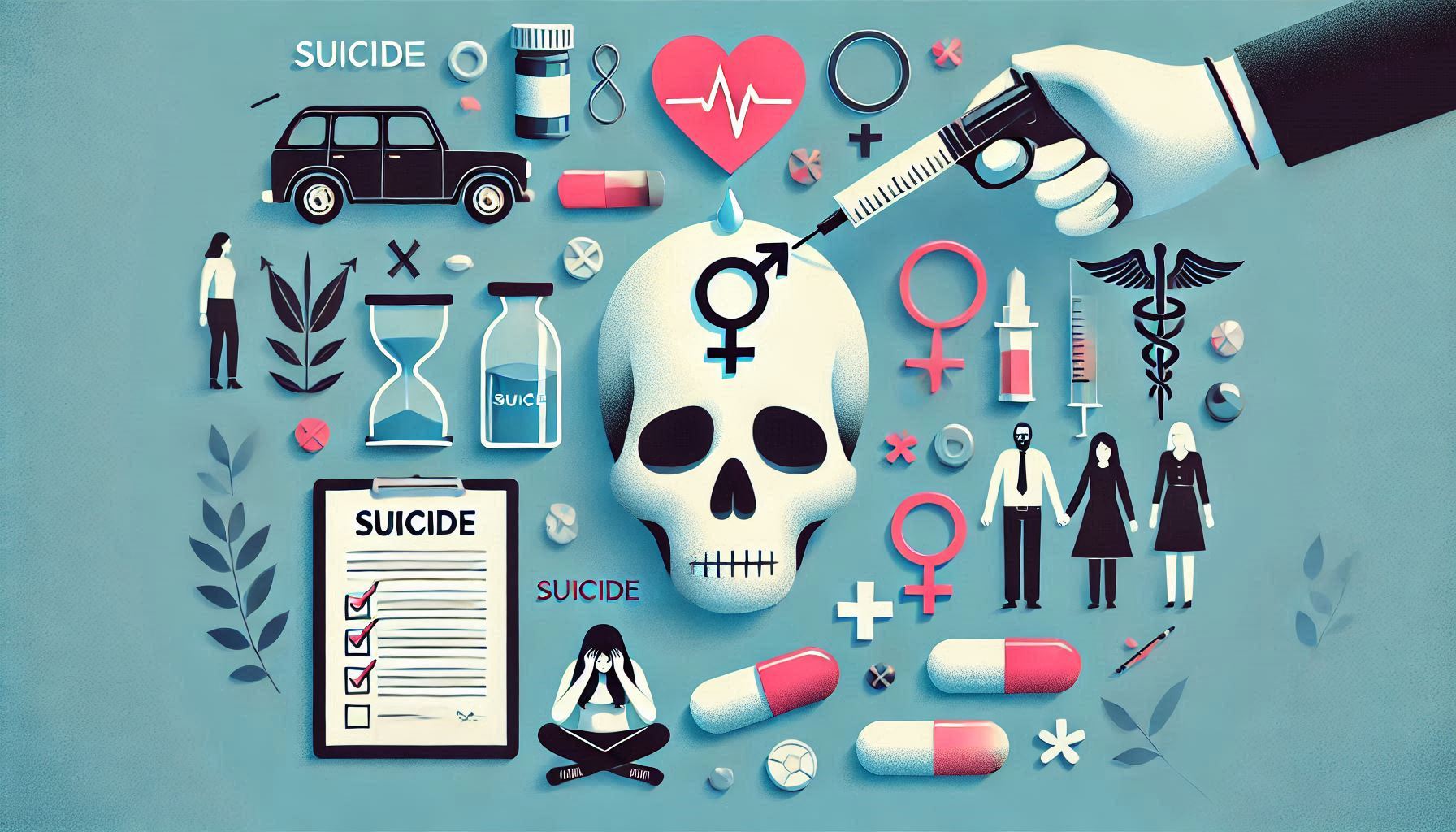-

Exploring How Poverty, Combined with Gender Inequality, Exacerbates Mental Health Issues in Marginalized Communities, Including Women and Transgender Individuals
The intersection of poverty and gender inequality has profound implications for the mental health of marginalized individuals, particularly women and transgender people. In the context of growing global awareness of the challenges faced by marginalized communities, it becomes increasingly evident that socio-economic disadvantage, when compounded by gender-based discrimination, creates a unique set of obstacles that…
-

Need For Change: Understanding the Mental Health Impacts of Gender-Based Violence in LGBTQ+ Communities
Gender-based violence (GBV) is a pervasive issue worldwide, affecting individuals of all backgrounds, but it disproportionately impacts marginalized groups, including LGBTQ+ individuals. Gender-based violence refers to violence directed at an individual based on their gender, gender identity, or sexual orientation. In LGBTQ+ communities, this form of violence takes various forms, including physical, emotional, sexual, and…
-

Healing from Trauma: The Role of Therapy and Counseling in Supporting Survivors of Domestic Violence
Domestic violence (DV) is a serious and pervasive issue that affects individuals from all walks of life, with consequences far beyond physical injury. Survivors of domestic violence often experience significant psychological, emotional, and social consequences, including trauma, depression, anxiety, and PTSD. Healing from the effects of domestic violence is a complex, multi-faceted process, and therapy…
-

Examining Therapeutic Approaches to Help Survivors of Domestic Violence Recover from Both Physical and Emotional Trauma
Domestic violence (DV) is a devastating issue that affects individuals across all demographics, causing profound physical, emotional, and psychological harm. While physical injuries are often the most visible form of abuse, the emotional and psychological impact of domestic violence can be equally, if not more, damaging. Survivors of domestic violence face a unique set of…
-

Social Stigma as a Disease: Addressing Gender Inequality in Mental Health Access
Mental health has long been a neglected area in the field of healthcare, despite its profound impact on individuals and communities. The burden of mental illness is not simply about the direct impact of symptoms or conditions; it is also about how individuals are treated when they seek help, how society views mental health struggles,…
-

Impact of Gendered Social Media Pressure on the Mental Health of Influencers
The rise of social media influencers has created a new dynamic in how individuals engage with media and shape cultural trends. These influencers, who have the power to shape opinions, promote brands, and set trends, are particularly vulnerable to the psychological and emotional tolls of constant public scrutiny. Among them, women face unique challenges due…
-

The Mental Health Consequences of Gender Stereotyping in Childhood and Adolescence
Gender stereotypes are deeply embedded in societal structures, affecting the way children and adolescents experience the world around them. From birth, children are subjected to expectations about how they should behave based on their gender, and these expectations often result in significant mental health consequences. The pressure to conform to rigid gender norms can contribute…
-

Mental Health Consequences of Gendered Labor Division in Households
The gendered division of labor within households has long been a point of sociological and psychological concern. Historically, the role of women in the household has been relegated to unpaid caregiving and domestic labor, while men were often expected to fulfill the role of breadwinners. Although modern societies have seen significant changes in gender roles,…
-

Suicide Rates and Gender: How to Treat the Root Causes of Mental Health Illnesses
Suicide is a complex and tragic issue that has been extensively studied across multiple fields, including medicine, psychology, sociology, and public health. While suicide is often seen as an individual choice, it is influenced by a range of factors, including mental health conditions, societal pressures, gender roles, and cultural attitudes. Suicide rates vary across different…
-

The Role of Therapy in Healing Gender-Specific Mental Health Illnesses
Mental health disorders have long been a focus of research, treatment, and social awareness, but there is a growing recognition of the unique mental health challenges faced by different genders. Gender-specific mental health issues, influenced by biological, psychological, and social factors, have significant implications for both diagnosis and treatment. Therapy plays a critical role in…

Monday – Saturday 9AM – 5PM
Sunday – CLOSED





